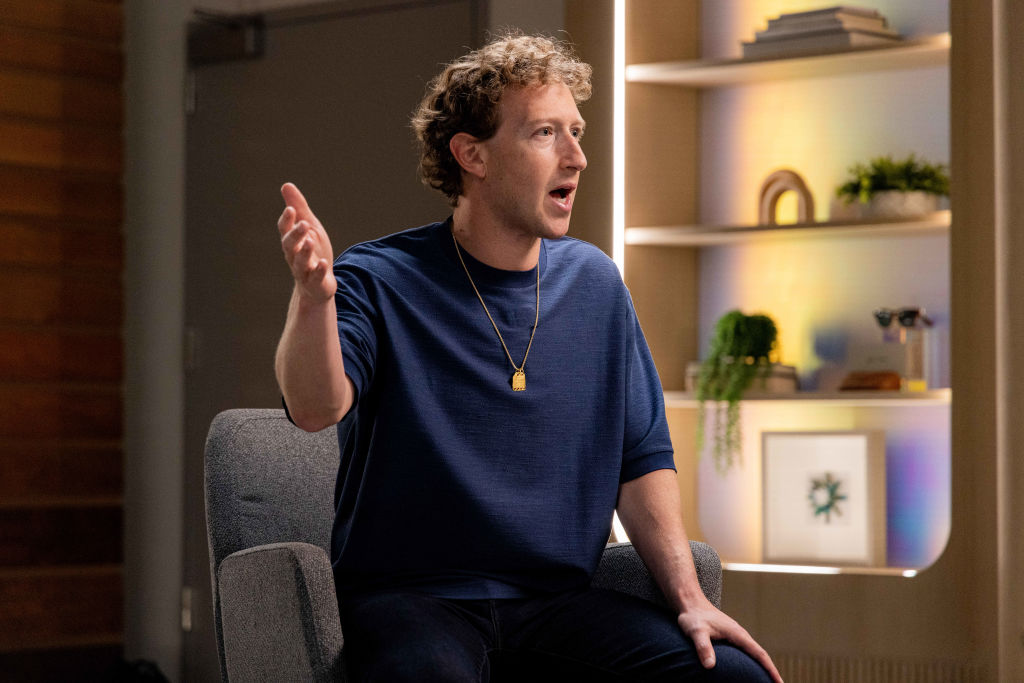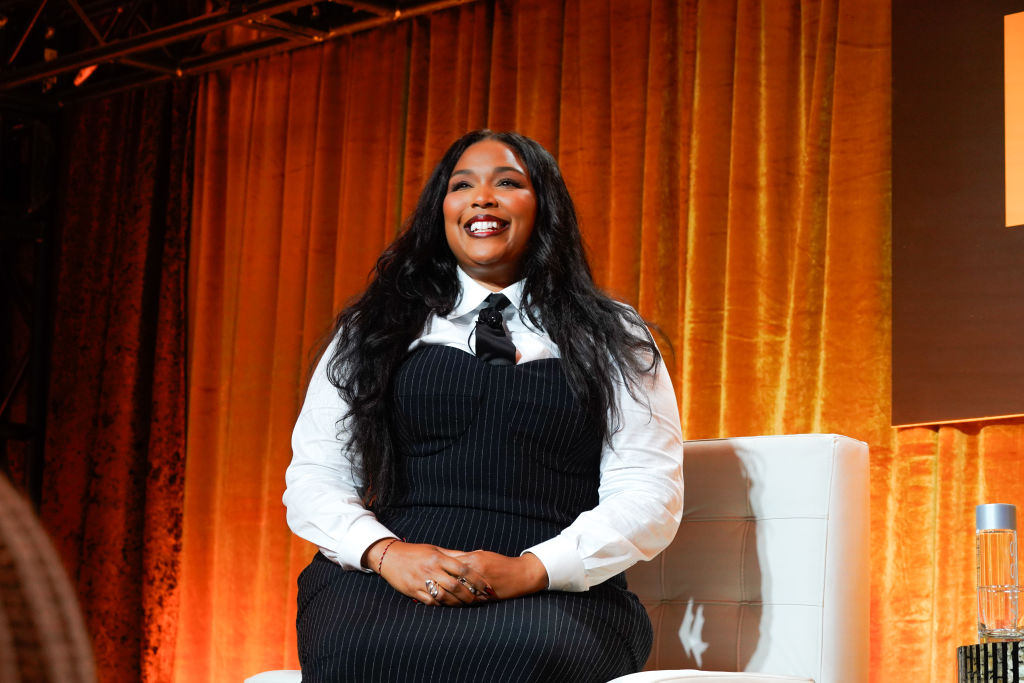Actor and professional wrestler John Cena has apologized to fans in China after he called Taiwan a country in a promotional interview for his upcoming film and became the latest celebrity to face the fury of Chinese nationalists.
In a short video posted Tuesday on Chinese social media site Weibo, Cena did not refer to Taiwan or go into much detail about the incident, which occurred earlier this month when he was doing a promotion for “Fast & Furious 9” with Taiwanese media.
Watch NBC6 free wherever you are
“In one interview, I made a mistake,” he said in heavily accented Mandarin Chinese. “I need to say now that this is very, very, very, very, very important. I love and respect China and the Chinese people. I’m very, very sorry. As for my mistake, I really apologize for it."
In his interview with TVBS, a Taiwanese cable channel, Cena was also speaking in Mandarin when he said Taiwan would be the first “country” to be able to see the film. That led to an uproar in China, which considers the self-governing democracy its own territory to be taken back by force if necessary.
Get local news you need to know to start your day with NBC 6's News Headlines newsletter.
It was unclear if Cena’s apology worked, as many comments on Chinese social media in response to his video were negative. Likewise, Cena was also facing scorn back in the United States, where Sen. Tom Cotton called the apology “pathetic” and others lashed out at him on social media as a “coward.”
Global companies and celebrities seeking to maintain access to the lucrative Chinese market have to tread a fine line on many issues as online nationalistic outrage can spark boycotts.
China has increasingly pressured foreign firms over their statements on Taiwan, Hong Kong, Xinjiang, Tibet, the South China Sea and other issues Beijing considers sensitive.
Entertainment News
Airlines and other multinational companies have been pushed to refer to Taiwan as a part of China on their websites or risk damage to their business in China.
Chinese state broadcaster CCTV cut ties with the NBA for a year in response to a tweet by Houston Rockets general manager Daryl Morey backing pro-democracy protesters in Hong Kong, even though the post was quickly deleted.
News about Chloe Zhao, a Chinese director, winning an Oscar was censored in April after old interviews surfaced where she said that she grew up in a place where there were “lies” everywhere.
Brands including Swedish retailer H&M, Adidas and Nike have been targeted for consumer boycotts after state media criticized them for expressing concern about reports of forced labor in China's western region of Xinjiang.
Meanwhile, “Fast & Furious 9” — the latest in the Hollywood franchise — appeared to be doing well in China despite the uproar. The film has taken in $155 million at the box office in China since it opened on May 21, according to local media reports.



